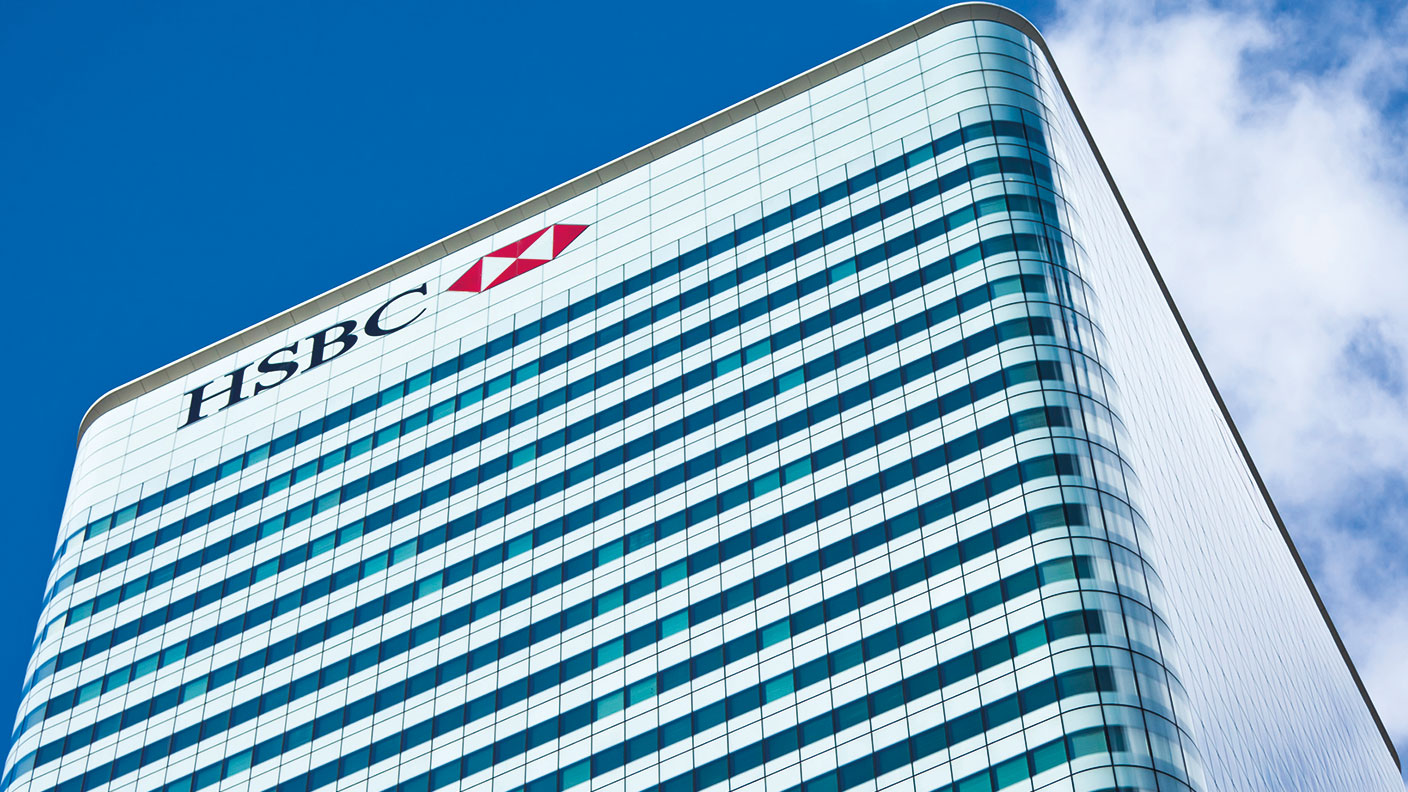HSBC returns to cost-cutting plan
HSBC is set to revamp its commercial banking division – but will it come at a cost?


Get the latest financial news, insights and expert analysis from our award-winning MoneyWeek team, to help you understand what really matters when it comes to your finances.
You are now subscribed
Your newsletter sign-up was successful
Want to add more newsletters?
Preparations are at an “advanced stage” for HSBC, one of the world’s biggest lenders, to try again to bolt together its commercial banking division with its global banking and markets unit. The revamp could lead to hundreds of job losses in senior ranks, says Patrick Hosking in The Times.
While HSBC attempted a partial merger of the two divisions in 2020, it had to abandon the effort because of Covid. However, as its shares have greatly lagged its peers in the past nine months, it will restart the plans in the hope of saving up to $300 million. The move may help placate those who have grown frustrated with what they see as the “slow pace of cuts”, says Lex in the Financial Times. It also makes sense to focus on senior management as “that’s where the costs are”.
But the hoped-for $300 million in savings will amount to 1% of the total $32 billion in costs the bank reported last year. This is because a lot of the back-office functions are already consolidated between the two units. To put this into context, costs soared by 12% in the commercial banking division in the first half of this year.
Try 6 free issues of MoneyWeek today
Get unparalleled financial insight, analysis and expert opinion you can profit from.

Sign up to Money Morning
Don't miss the latest investment and personal finances news, market analysis, plus money-saving tips with our free twice-daily newsletter
Don't miss the latest investment and personal finances news, market analysis, plus money-saving tips with our free twice-daily newsletter
HSBC clearly suffers from “duplication across its different bits”, says Liam Proud for Breakingviews. Still, the merged entity would be opaque – investors could find it difficult “to get their heads around” the performance of a unit that offers everything from small-company banking to underwriting giant debt and equity offerings for multinationals.
A key task for HSBC
In any case, new CEO Georges Elhedery has a “much bigger job” than finding the “modest savings” he is reported to be eyeing up. A key task will be to find a way to grow the bank to make up for the loss in income from declining interest rates. Net interest income (the difference between what the bank makes from lending and what it pays out on savings) is projected to fall 7% this year and 2% next.
This article was first published in MoneyWeek's magazine. Enjoy exclusive early access to news, opinion and analysis from our team of financial experts with a MoneyWeek subscription.
Get the latest financial news, insights and expert analysis from our award-winning MoneyWeek team, to help you understand what really matters when it comes to your finances.

-
 The rare books which are selling for thousands
The rare books which are selling for thousandsRare books have been given a boost by the film Wuthering Heights. So how much are they really selling for?
-
 Pensions vs savings accounts: which is better for building wealth?
Pensions vs savings accounts: which is better for building wealth?Savings accounts with inflation-beating interest rates are a safe place to grow your money, but could you get bigger gains by putting your cash into a pension?
-
 The rare books which are selling for thousands
The rare books which are selling for thousandsRare books have been given a boost by the film Wuthering Heights. So how much are they really selling for?
-
 How to invest as the shine wears off consumer brands
How to invest as the shine wears off consumer brandsConsumer brands no longer impress with their labels. Customers just want what works at a bargain price. That’s a problem for the industry giants, says Jamie Ward
-
 A niche way to diversify your exposure to the AI boom
A niche way to diversify your exposure to the AI boomThe AI boom is still dominating markets, but specialist strategies can help diversify your risks
-
 New PM Sanae Takaichi has a mandate and a plan to boost Japan's economy
New PM Sanae Takaichi has a mandate and a plan to boost Japan's economyOpinion Markets applauded new prime minister Sanae Takaichi’s victory – and Japan's economy and stockmarket have further to climb, says Merryn Somerset Webb
-
 Early signs of the AI apocalypse?
Early signs of the AI apocalypse?Uncertainty is rife as investors question what the impact of AI will be.
-
 8 of the best properties for sale with beautiful kitchens
8 of the best properties for sale with beautiful kitchensThe best properties for sale with beautiful kitchens – from a Modernist house moments from the River Thames in Chiswick, to a 19th-century Italian house in Florence
-
 Three key winners from the AI boom and beyond
Three key winners from the AI boom and beyondJames Harries of the Trojan Global Income Fund picks three promising stocks that transcend the hype of the AI boom
-
 RTX Corporation is a strong player in a growth market
RTX Corporation is a strong player in a growth marketRTX Corporation’s order backlog means investors can look forward to years of rising profits